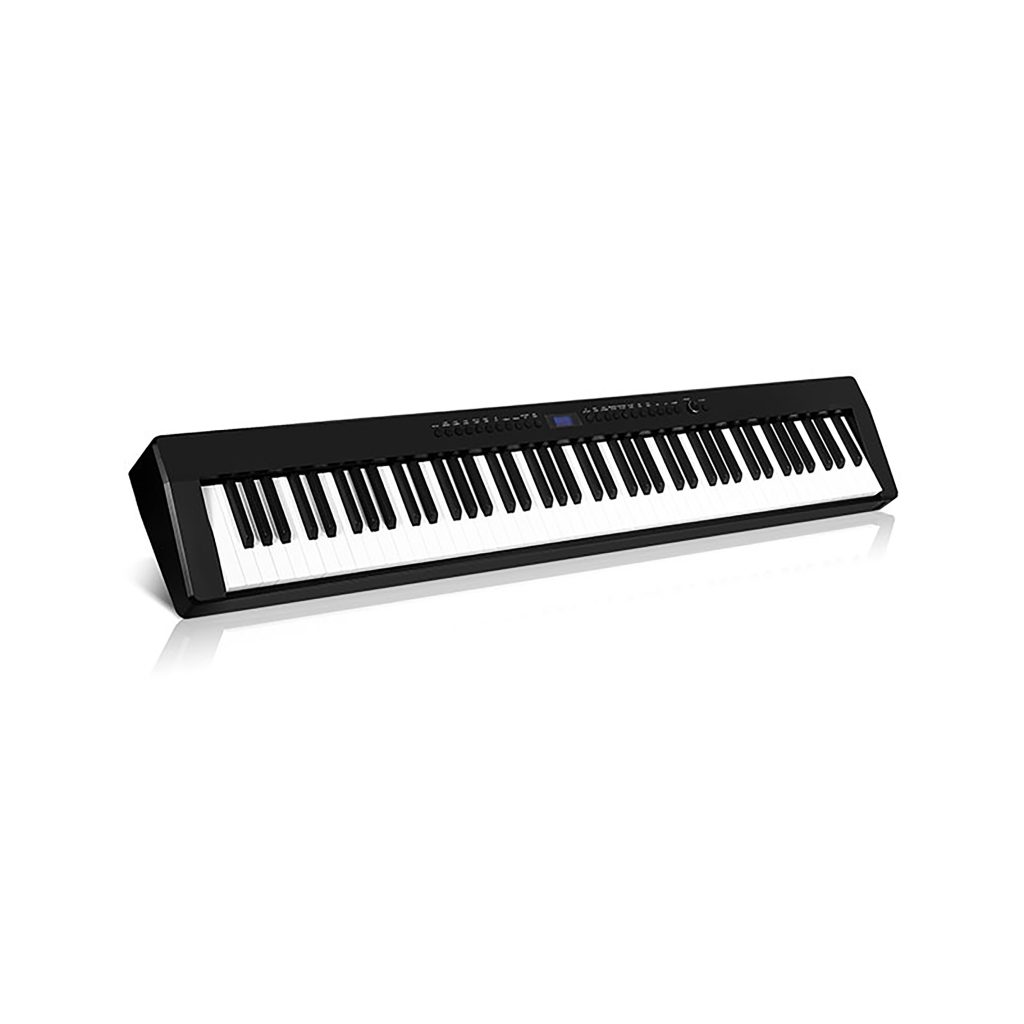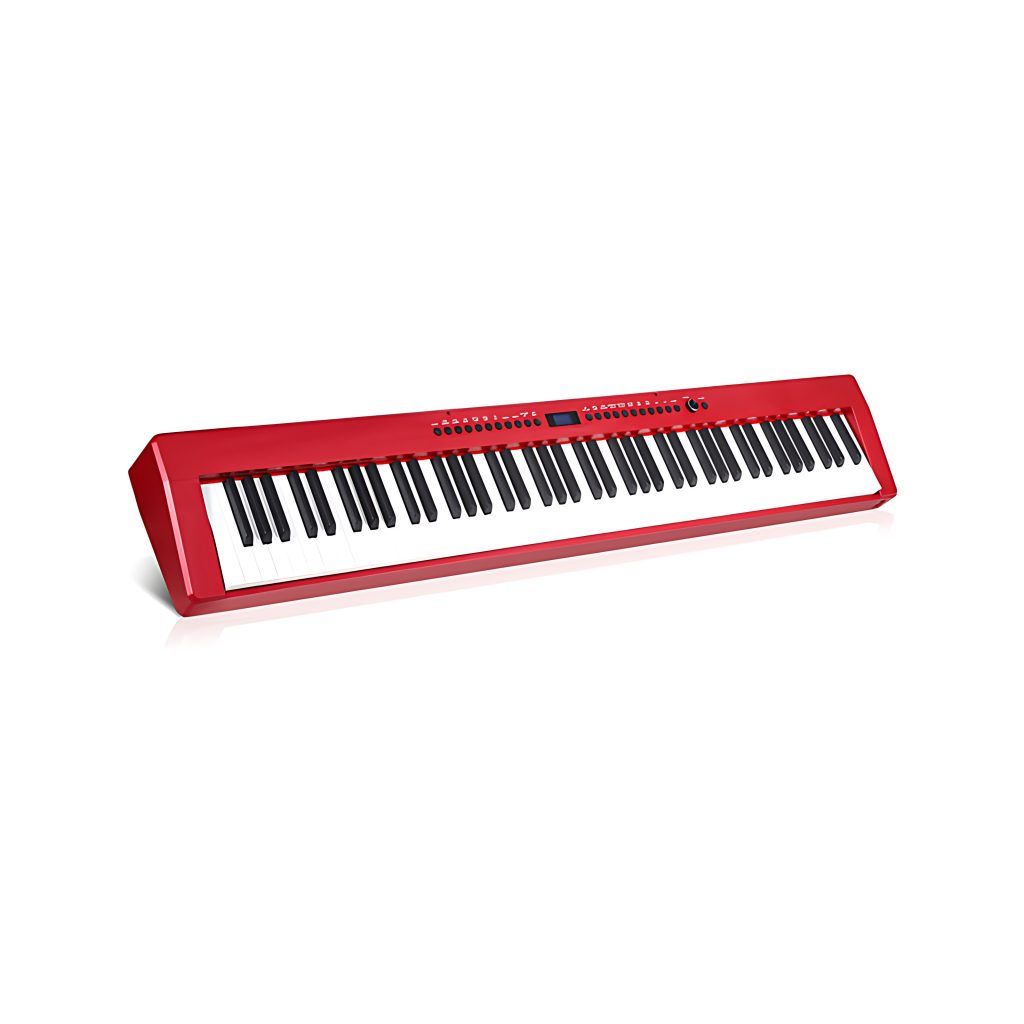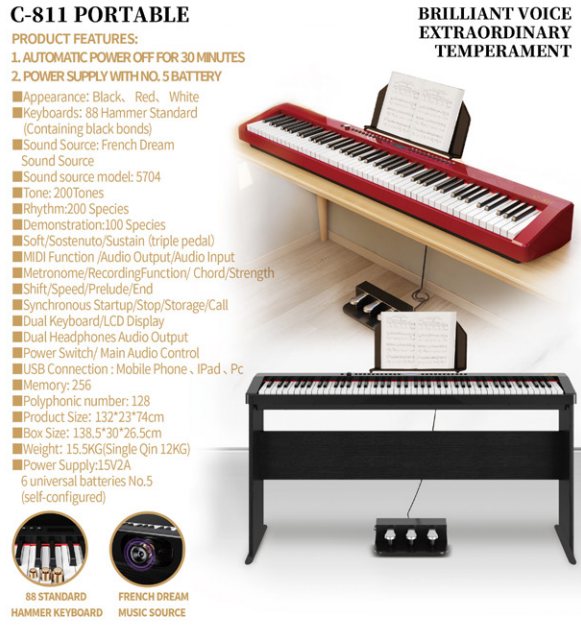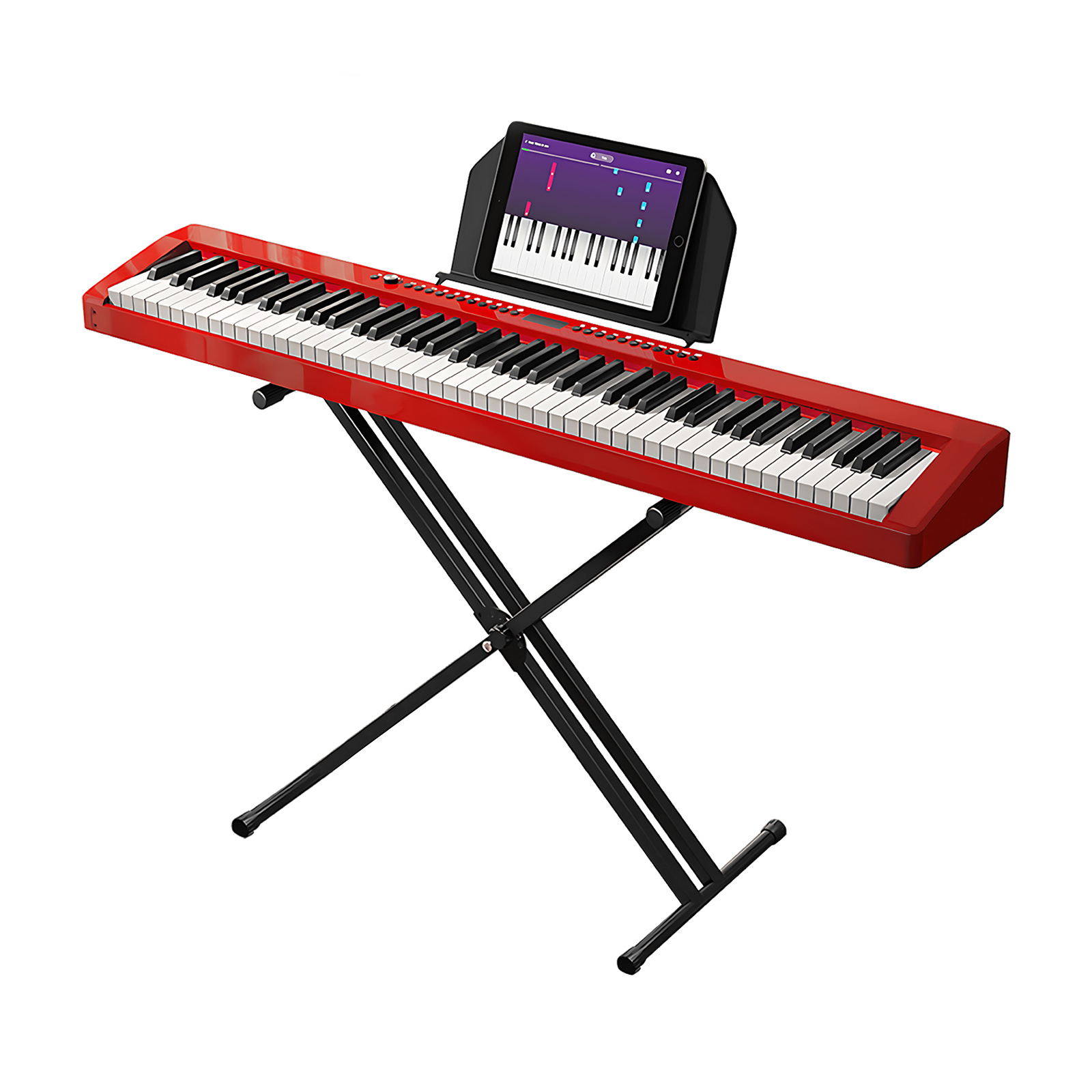As technology advances, digital pianos are becoming increasingly intelligent, integrating AI-powered features that enhance the learning experience, improve sound quality, and revolutionize music composition. The future of digital pianos is being shaped by artificial intelligence, creating unprecedented opportunities for musicians of all levels.
The Rise of AI in Digital Pianos
In recent years, digital pianos have moved beyond simple electronic instruments to become intelligent learning platforms. AI has played a crucial role in this transformation by enabling real-time feedback, automated learning systems, and personalized coaching. This evolution is making digital pianos more accessible, interactive, and efficient for musicians worldwide.
How AI Enhances the Digital Piano Experience
1. Smart Learning and Real-Time Feedback
Traditional piano learning requires a teacher to correct mistakes and guide the student. AI-powered digital pianos, however, now feature:
- Intelligent tutoring systems that analyze keystrokes, rhythm, and dynamics in real-time.
- Automatic mistake detection, offering corrections for wrong notes, timing, and finger placement.
- Adaptive learning algorithms that customize lessons based on the player’s skill level and progress.
These features allow beginners to learn independently and at their own pace, making piano education more accessible.
2. AI-Driven Composition and Creativity Tools
AI is not only improving learning but also enhancing music composition. Many digital pianos now come equipped with:
- AI-assisted melody generation that helps musicians create original pieces.
- Automatic accompaniment features, allowing users to add harmonies and chord progressions effortlessly.
- Style adaptation, where AI analyzes a player’s style and suggests compositions that match their preferences.
These innovations help both beginners and professionals expand their creative capabilities.
3. Personalized Practice Sessions
Advanced AI systems enable digital pianos to offer customized practice routines that adapt based on the user’s skill level and progress. These systems:
- Identify areas that need improvement and suggest targeted exercises.
- Adjust lesson difficulty dynamically to keep users engaged.
- Provide virtual coaching, simulating the experience of having a private tutor.
With these intelligent features, students can practice more efficiently and achieve better results in a shorter time.
The Role of AI in Sound Enhancement
Beyond education and composition, AI is also improving sound quality in digital pianos. Manufacturers are using machine learning to:
- Analyze and replicate the nuances of acoustic pianos, creating ultra-realistic digital piano sounds.
- Enhance dynamic expression, allowing digital pianos to respond more naturally to touch.
- Eliminate latency issues, ensuring that sound production matches the player’s keystrokes instantly.
These advancements are making digital pianos sound more authentic, rivaling even high-end acoustic models.
The Future of AI in Digital Pianos
As AI technology continues to develop, we can expect even more groundbreaking innovations in digital pianos, such as:
- Gesture and voice controls, enabling hands-free interaction.
- AI-powered improvisation assistants, allowing musicians to explore new musical ideas.
- Deep learning-based sound synthesis, further refining digital piano tones.
- Integration with smart home systems, making digital pianos a central part of connected entertainment spaces.
These developments will continue to redefine how musicians learn, practice, and compose, making digital pianos an even more integral tool in the world of music.





